
Before Autism Awareness Month comes to a close I wanted to make sure that we are highlighting incedible work that so many are doing for Autism. I’m so excited to share today’s conversation with you. I’ve known and admired Cathy Gott for a very long time. We both raised our sons in the same small town outside of LA. A small city where everyone knows everyone and supports one another. Cathy has always been a bright light, someone with amazing energy, and a person who makes things happen. She and her husband, (legendary baseball pitcher) Jim Gott have two sons, Danny and Nick. When Danny was diagnosed with autism Cathy and Jim went to work.
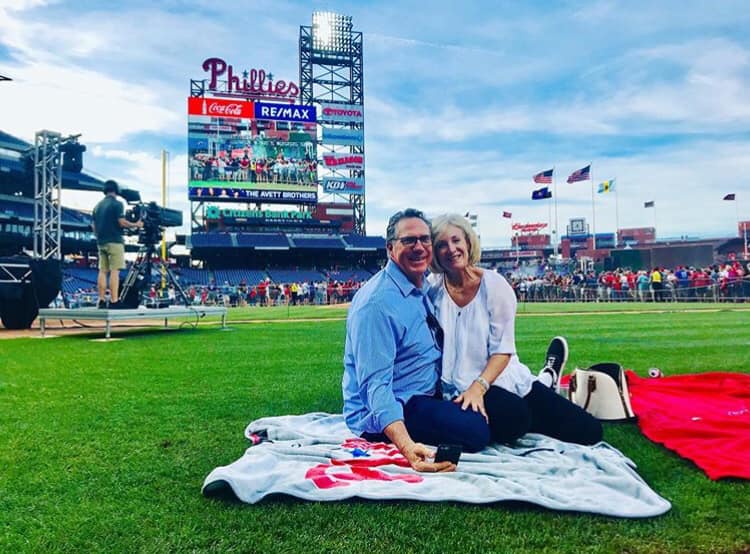
Cathy is the co-founder of Education Spectrum, a social skills, and community integration program that supports children and their families with developmental needs. Cathy didn’t stop with Education Spectrum, she kept going to found Danny’s Farm an amazing nonprofit that is so much more than a petting farm. It is a place for the community to come together while employing adults with developmental differences.
Join us today to learn about Cathy’s journey, the challenges she faced as the mother of a child with autism, her journey of service, and to learn about the incredible work she is doing today for adults with developmental needs. She is a true inspiration!
Here are a few highlights from our conversation:
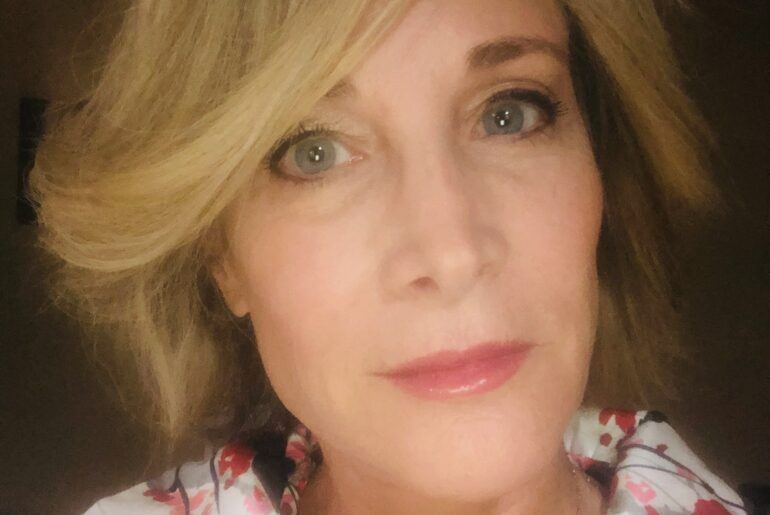
Charity Matters: Tell us a little about what Danny’s Farm does?
Cathy Gott: Danny’s Farm is a labor of love, no doubt about that. It is a petting farm, that employs adults with developmental differences. We provide a lot of volunteer opportunities and vocational training. In addition, we go out into some of the most underserved communities and special needs communities in Los Angeles, either through our mobile petting farm and visit groups of kids who sometimes never even seen a farm animal.
I mean, it’s remarkable and is a really interactive, lovely experience. Then we also have hours at the farm where we host field trips and tours and individual visits depending on the needs of the individual. So it’s an inclusive nurturing loving place. We share the property with another organization called Special Spirit which provides therapeutic horseback riding. So, it’s hard to separate because you know, you can’t pass up a pig pen when you’re going over to ride your horse or a sheep or a goat or a bunny or you know, it’s just really fun. So we share a lot of that.
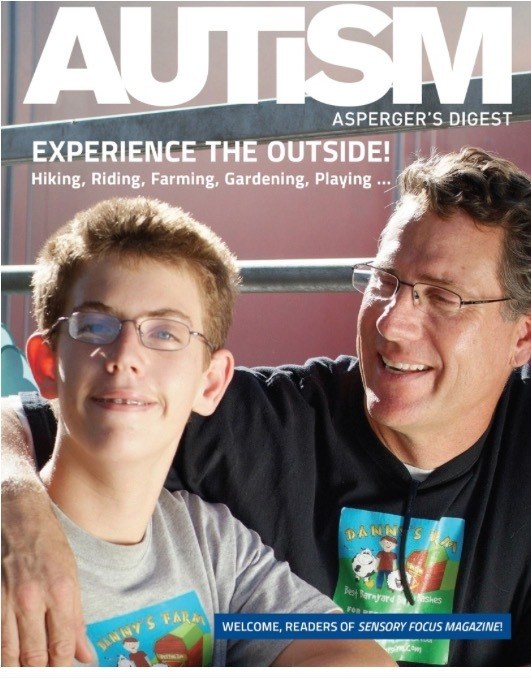
Charity Matters: What was the moment you knew you needed to act and start Danny’s Farm?
Cathy Gott: Well, when Danny was little as with many people with autism, there’s a number of sensory issues and in particular, sound sensitivity. And lots of different ways to take in the environment tactfully from touch to you know, just how we move in our body and space. He had a lot of difficulties navigating things like amusement parks or baseball games or things that a family would typically enjoy. It would be very overwhelming for Danny.
One of the few places that he loved to go, were petting farms, wherever we were because they’re quiet and they’re peaceful. He got a lot of tactile input by petting and holding and squeezing and hugging and loving all those animals. Danny has always had a tremendous affinity for animals. So that’s the background story.
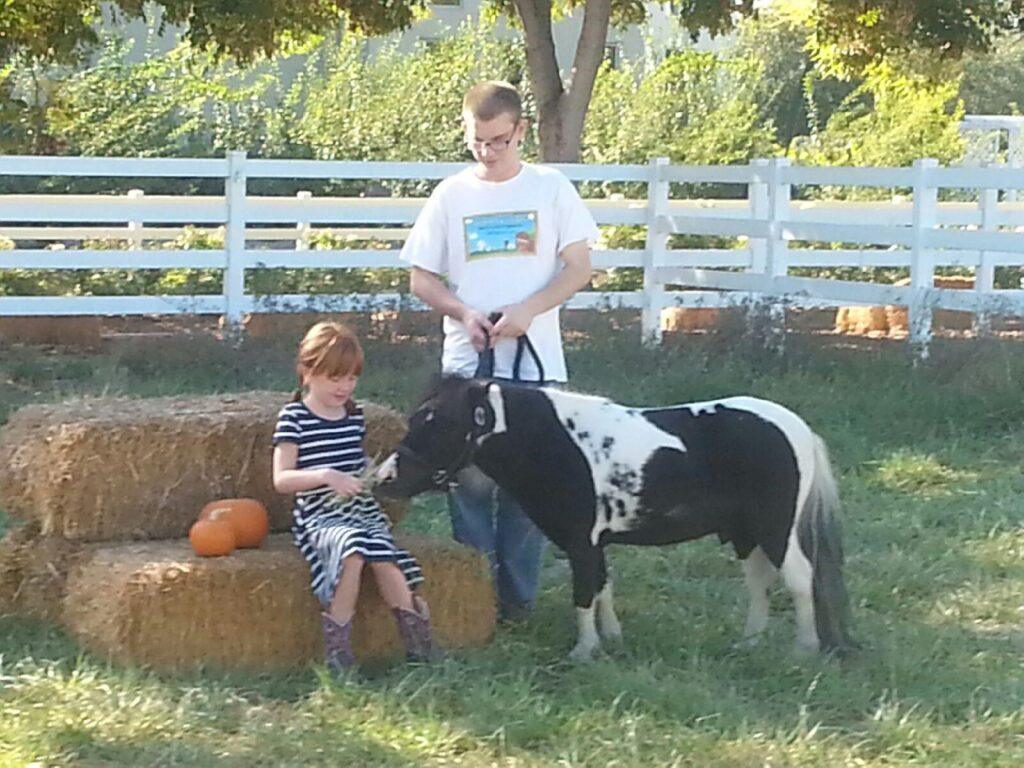
Then somewhere in the early to maybe 2010, something like that Danny was a teenager. I was attending a conference at this taskforce Blue Ribbon Commission for autism in California. I learned about some grants that were available to fund micro-enterprises or small businesses. That’s when the light bulb went off, you know because a lot of parents as their kids are about to exit high school or thinking what’s next? What is my child going to do and have meaningful employment in life? And it just all clicked together. That’s what we decided to do and it truly is Danny’s Farm. He has a lot of pride and works very hard.
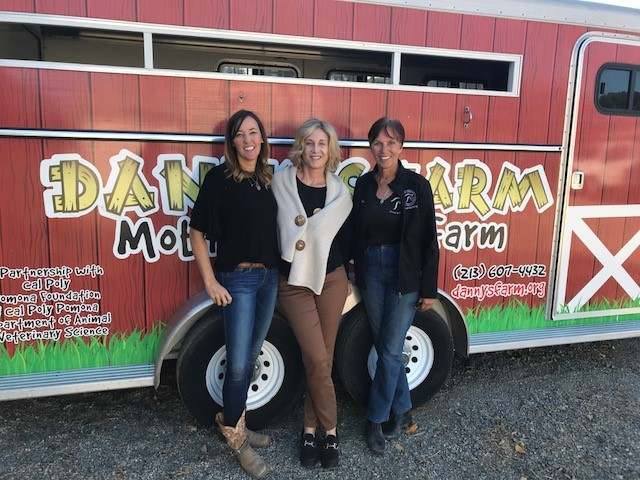
Charity Matters: What are your biggest challenges?
Cathy Gott: We had some location issues but you know, they all turned out great in the end. The first location we opened was an Altadena at a beautiful little horse stable. We used a lot of the grant money to build a barn that served a number of wonderful things.
What happened is we were a victim of our own success because once the word got out about Danny’s Farm we were very busy, very fast serving kids in and around Los Angeles County. And this poor little neighbor. Bus after bus come in and out and the neighbors were not happy. So we politely had to close our doors there and that was devastating.
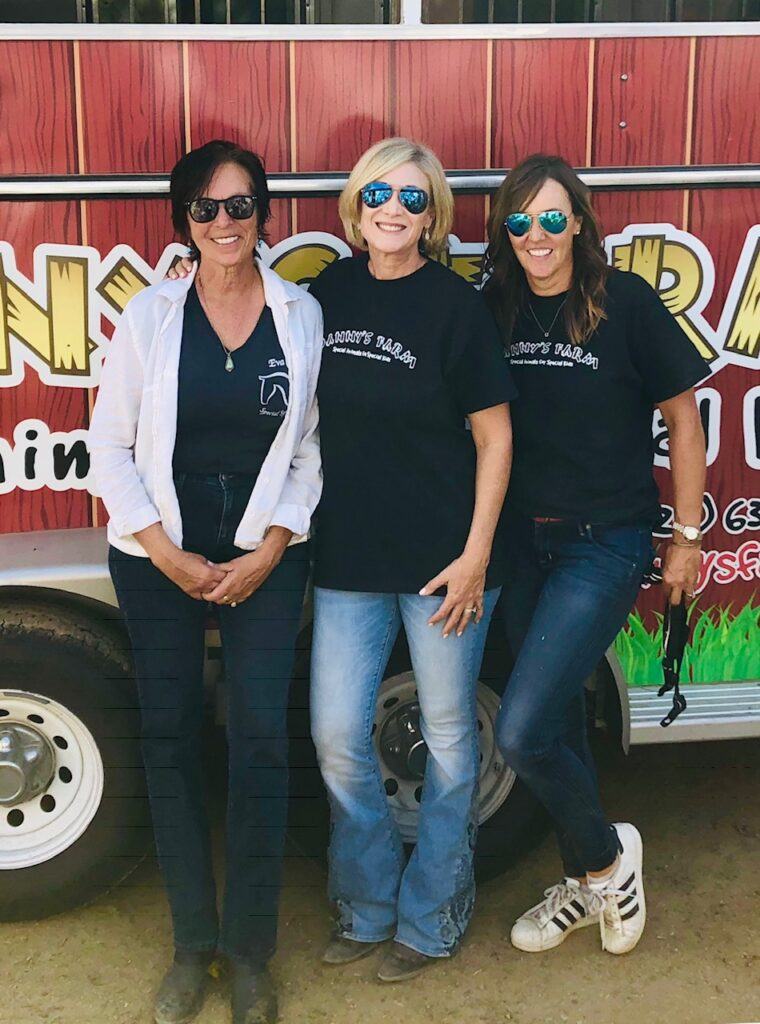
Charity Matters: What life lessons have you learned from this experience?
Cathy Gott: I have learned so many lessons. I think the one that comes to mind is the saying, “Man makes plans and God laughs.” I used to be such a planner. I had planned where Danny would live and work and I learned to let it go. We adapt to do the best with what we have. We learn to manage our expectations and disappointments. Being able to pivot is extremely humbling.
I feel closest to God now when I just listen. It is such a privilege to simply listen.
CHARITY MATTERS.
New episodes are released every Wednesday! If you enjoyed today’s episode, please:
- Post a screenshot & key takeaway on your IG story and tag me @heidimcniffjohnson and @Charitymatters so I can repost you.
- Leave a positive review on Apple Podcasts
- Subscribe for new episodes each week
- www.Charity-Matters.com
- On IG @Charitymatters
YOUR REFERRAL IS THE GREATEST COMPLIMENT, IF YOU ARE SO MOVED OR INSPIRED, WE WOULD LOVE YOU TO SHARE AND INSPIRE ANOTHER.
Copyright © 2024 Charity Matters. This article may not be reproduced without explicit written permission; if you are not reading this in your newsreader, the site you are viewing is illegally infringing our copyright. We would be grateful if you contact us.

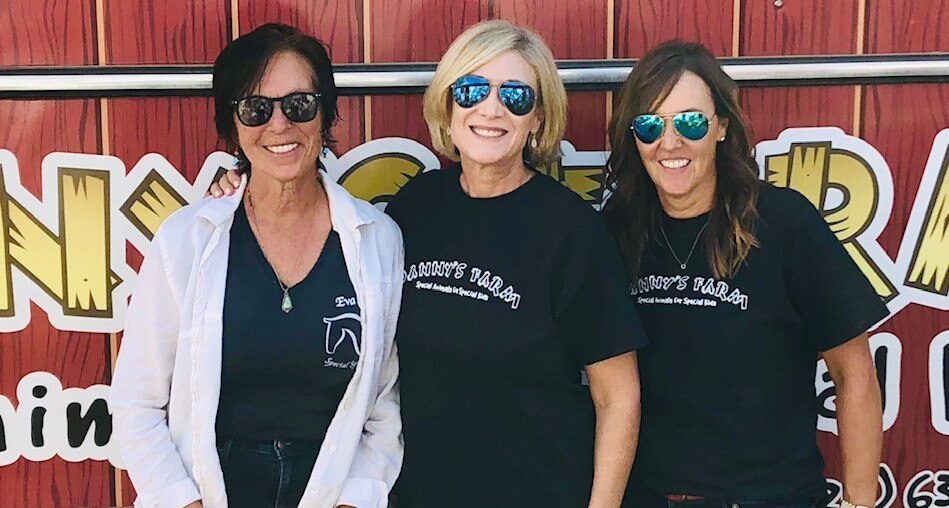

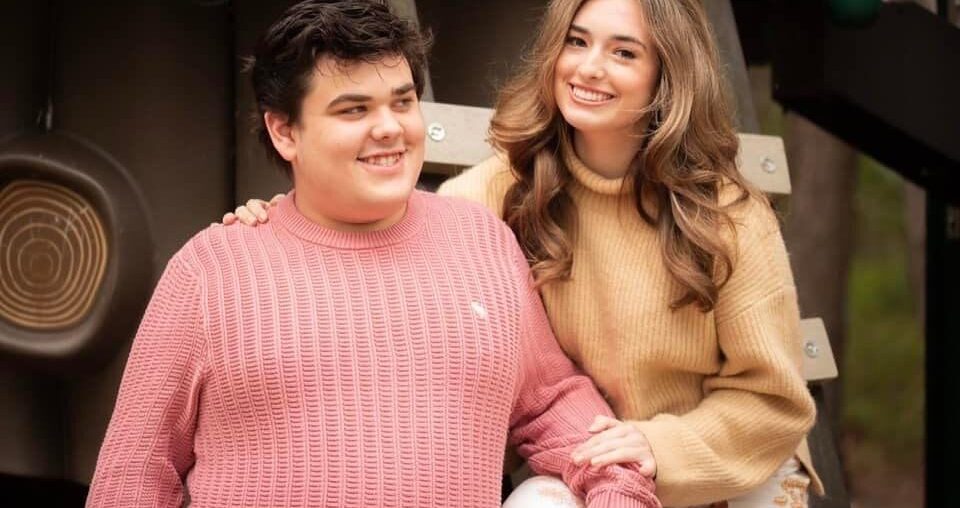


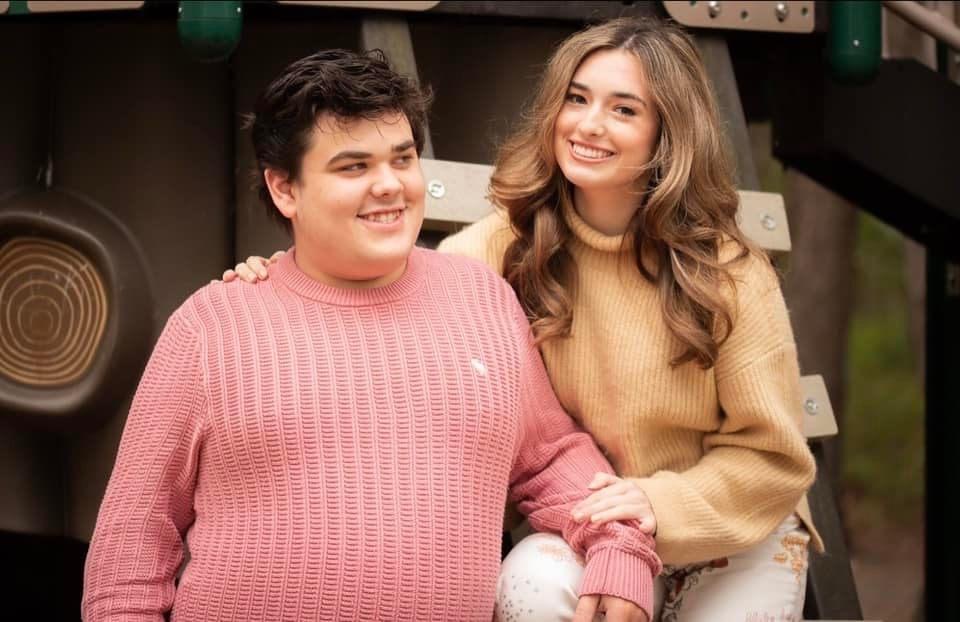
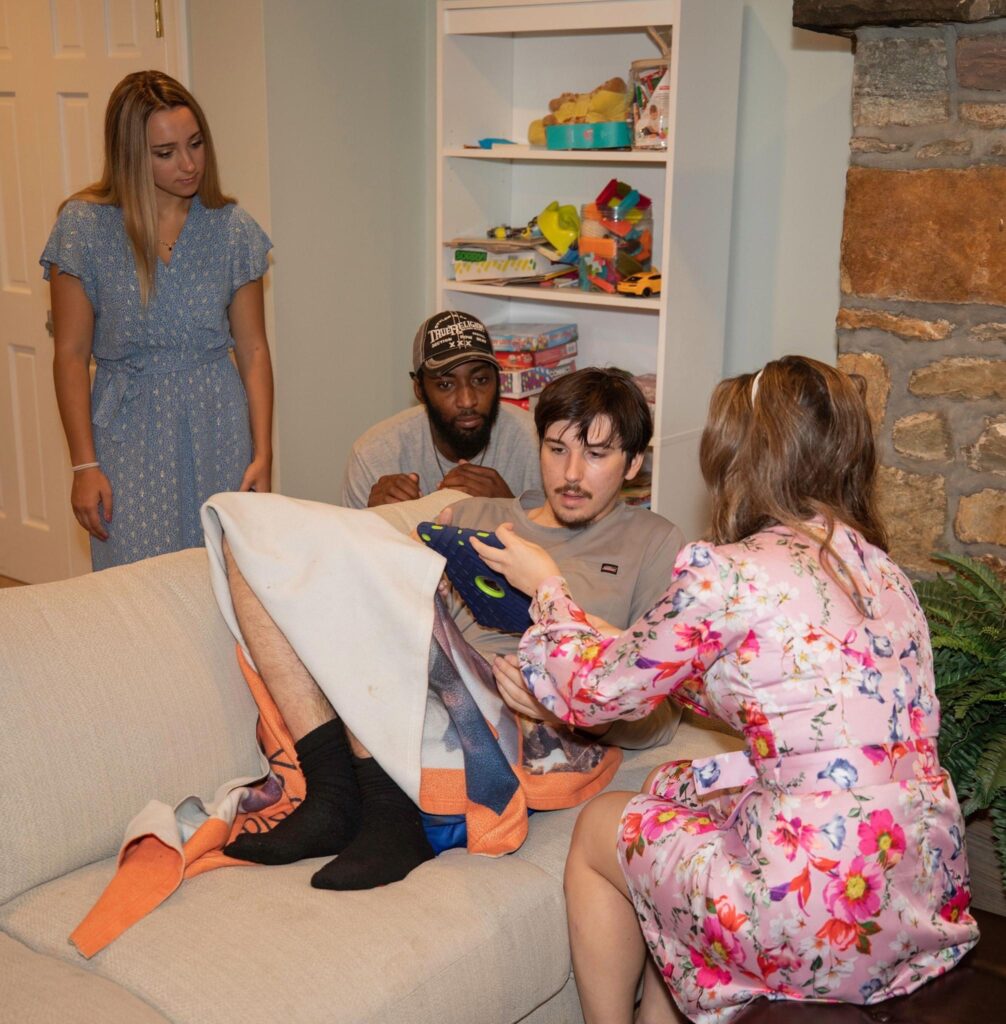
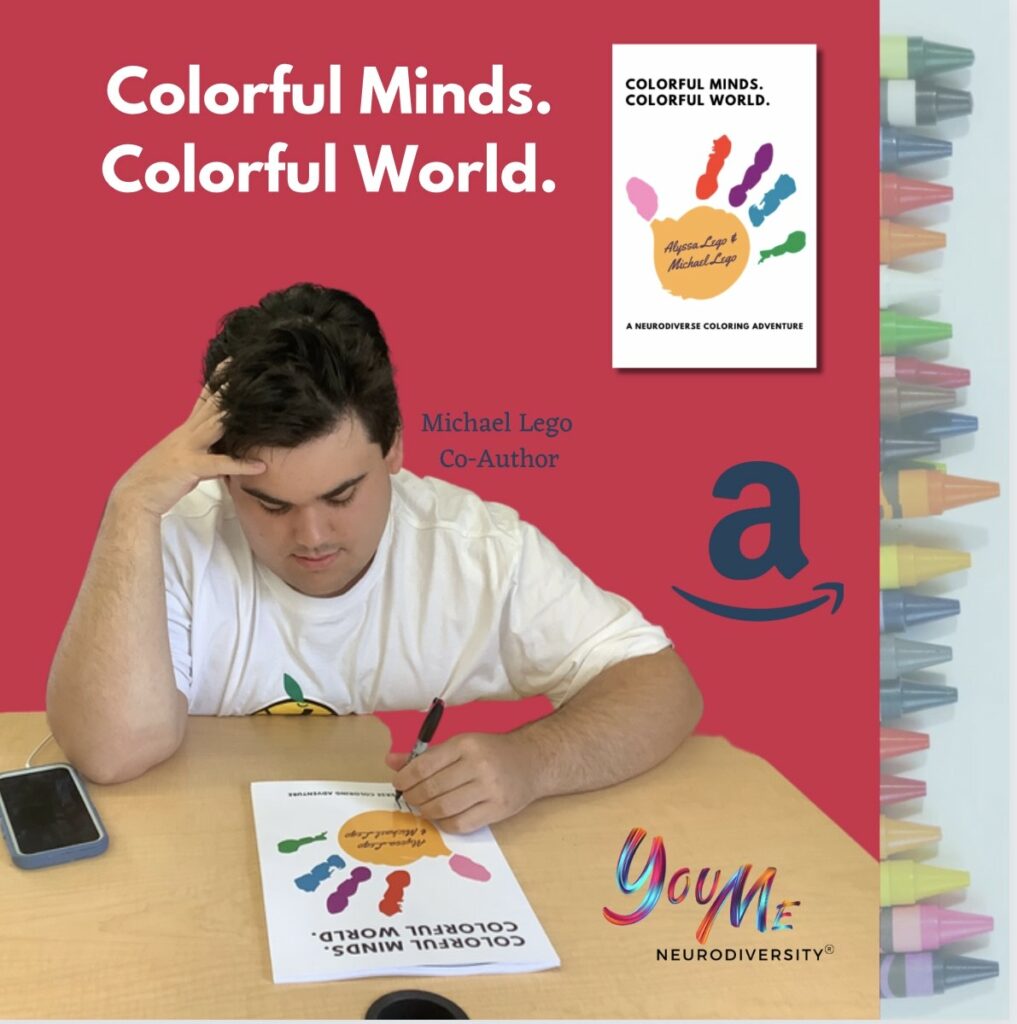
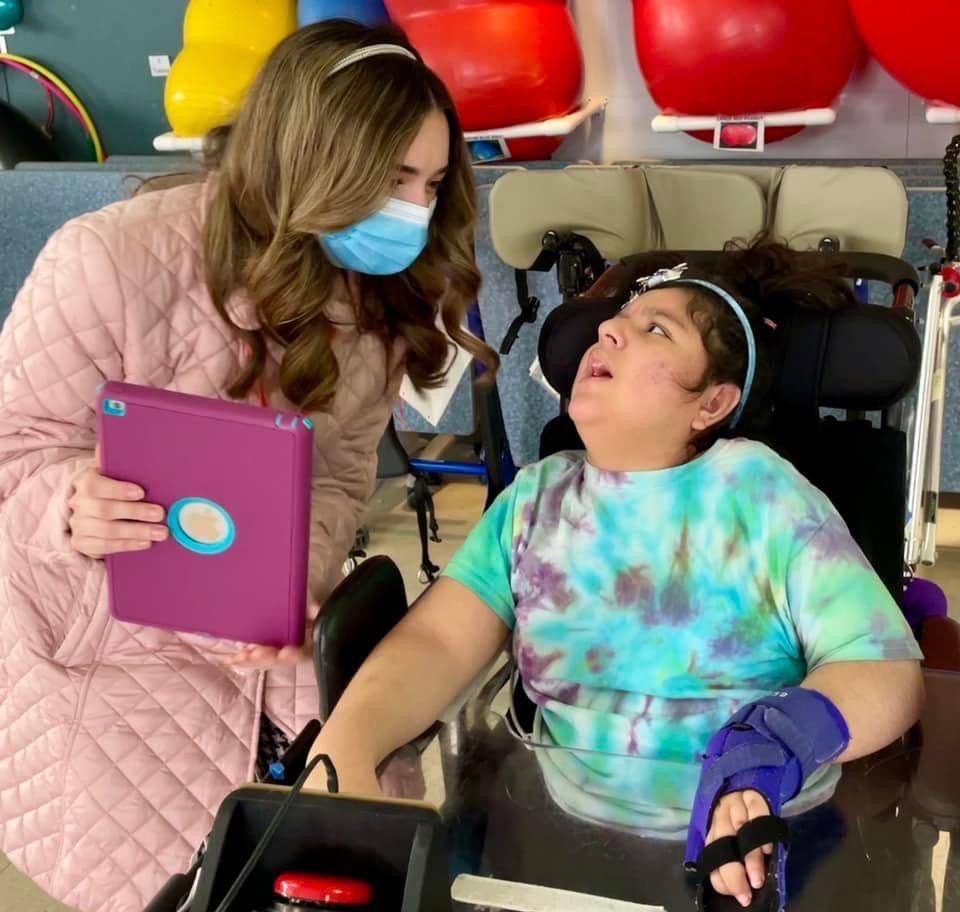
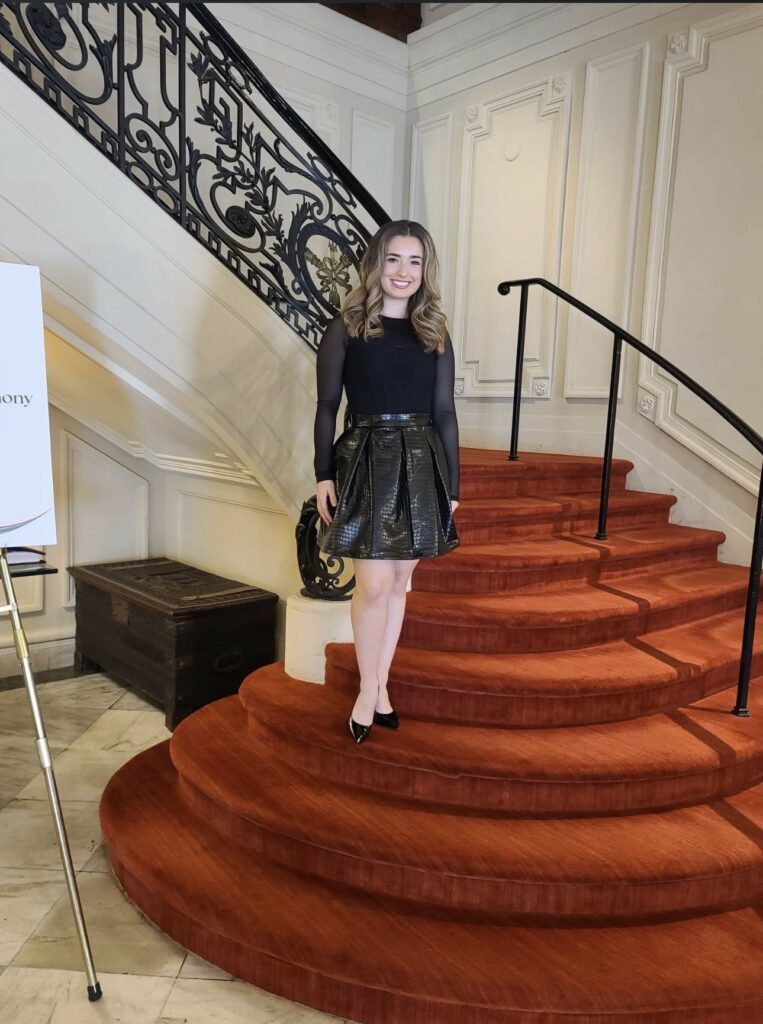

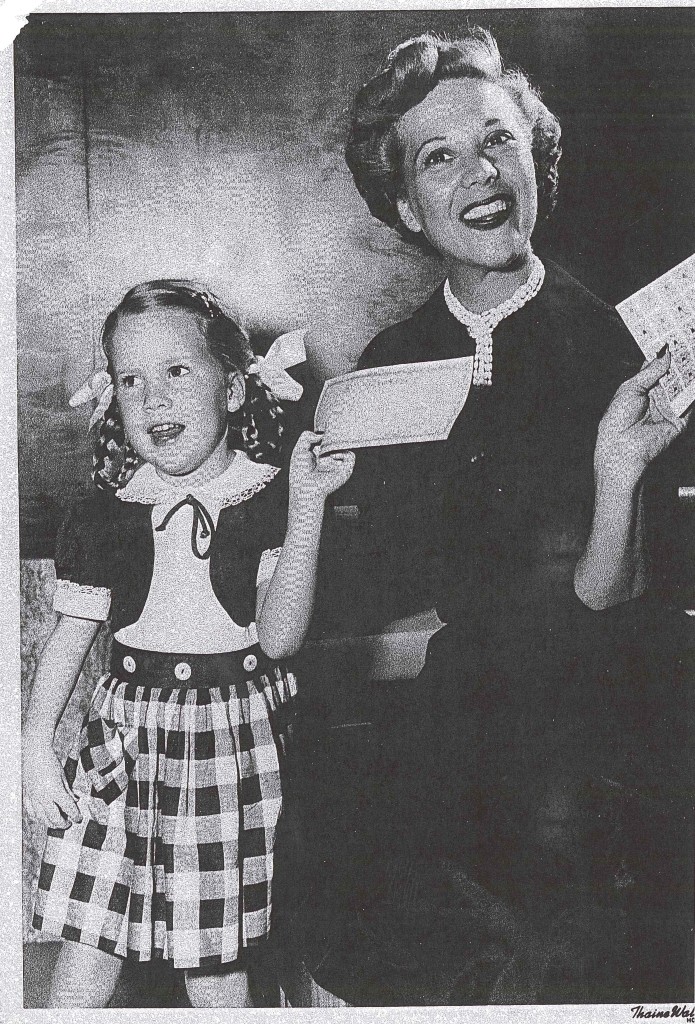
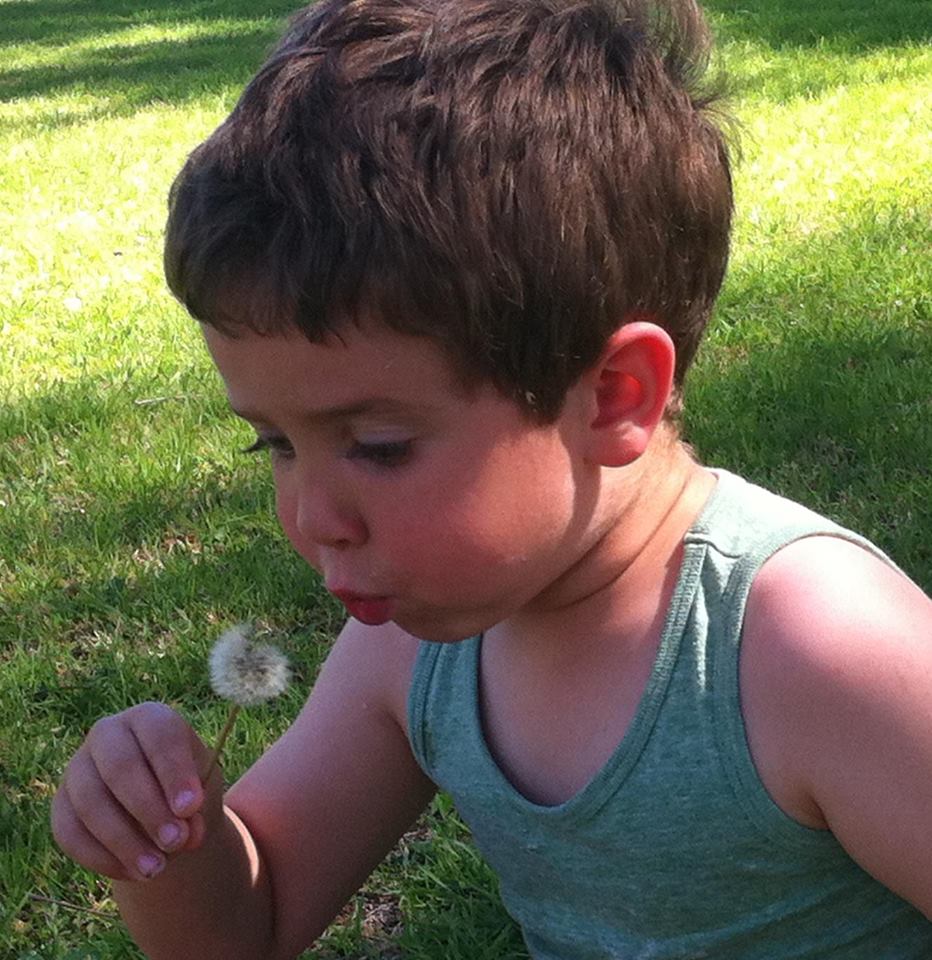
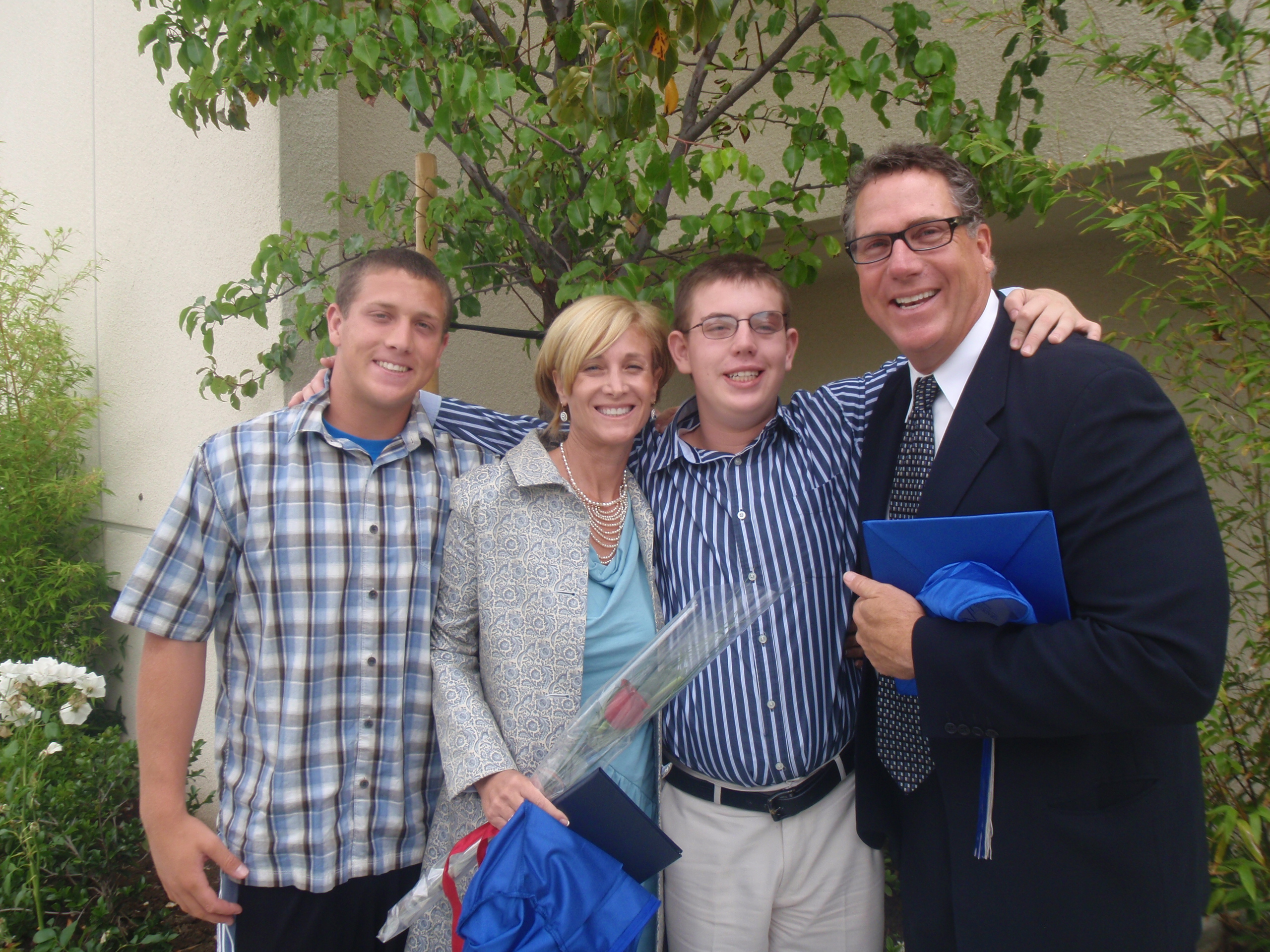

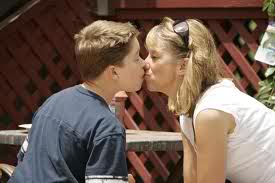
 Every 20 seconds in the United States a child is diagnosed with Autism. A few of those children’s parents are my friends. Their journeys are truly unlike any other. Their commitment and dedication to their children is beyond inspirational.
Every 20 seconds in the United States a child is diagnosed with Autism. A few of those children’s parents are my friends. Their journeys are truly unlike any other. Their commitment and dedication to their children is beyond inspirational.